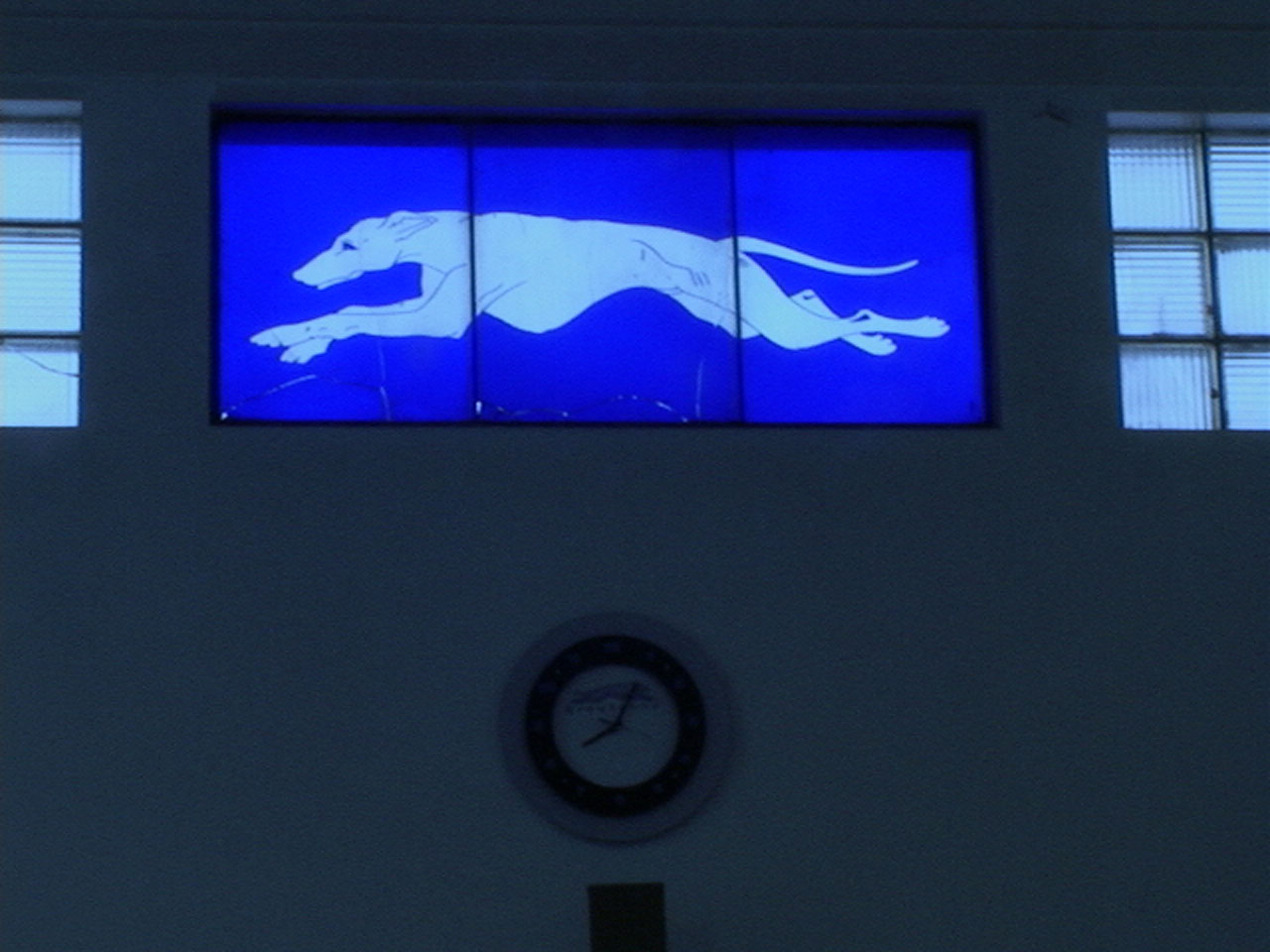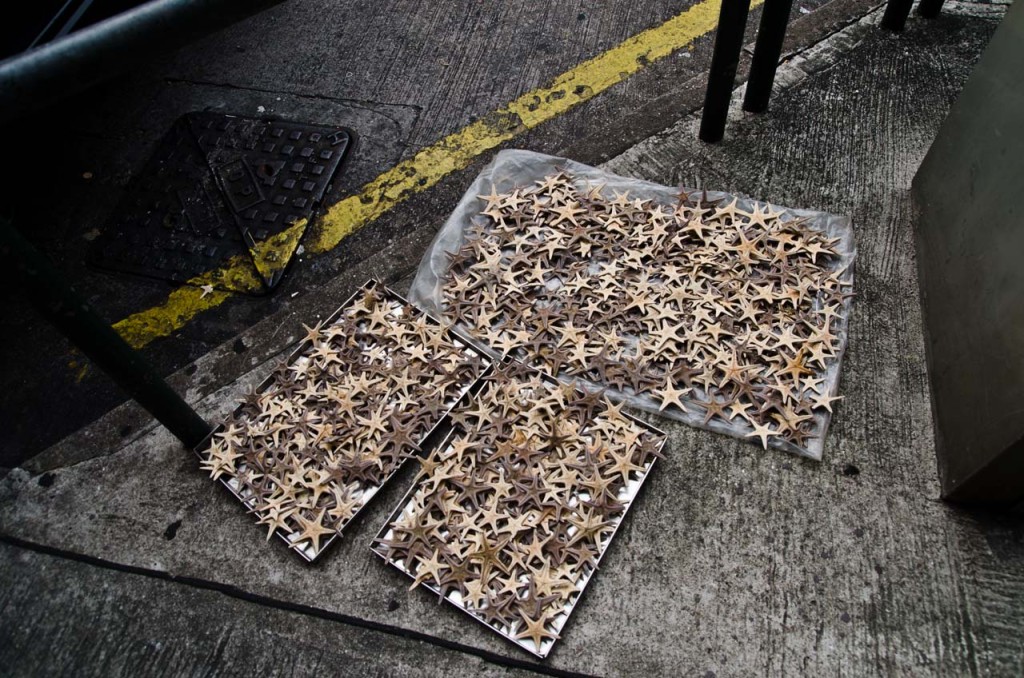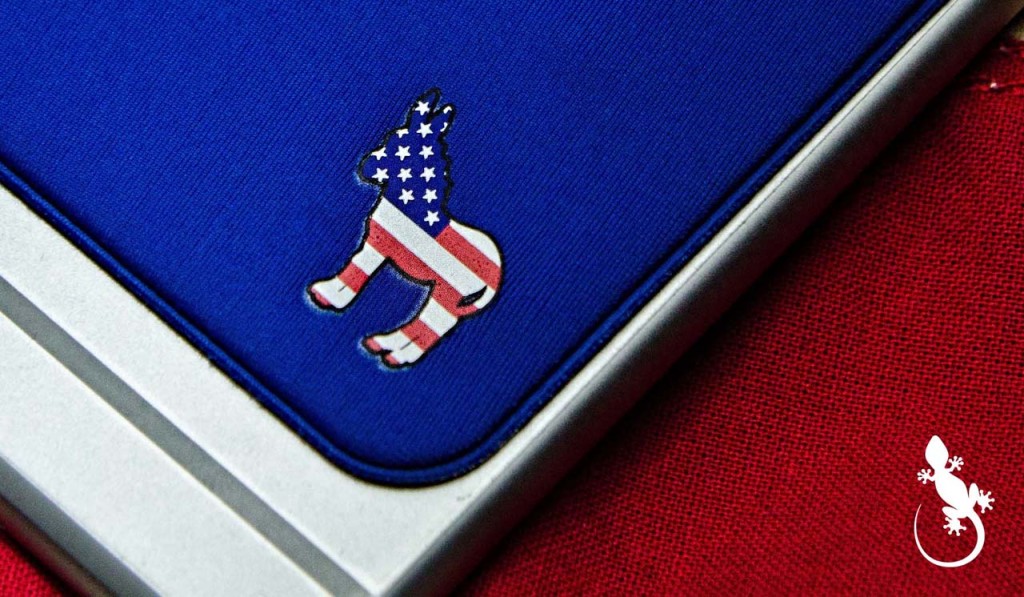
Category Archives: memoria

Stanley Kubrick: Interviews, and BIFF Cinema Library
Found the Cinema Library at BIFF hill. shhhhh. no backpacks.
Stanley Kubrick Interviews by Gene D. Phillips.
“Kubrick is fiercely concerned with the accuracy of the small details that make up the background of his films, because he feels that helps the audience to believe what they see on screen.” viii
“Kubrick sometimes nursed ideas over long periods before he was able to bring them to fruition.” viii
“directing a film can be like trying to write War and Peace in a bumper car at an amusement park, when you finally get it right, there are not many joys in life that can equal that feeling.” p. xii
Dream Story by Arthur Schnitzler
Clean Break by Lionel White
To Read at the library:
book of essays and interviews on Wes Anderson
World Cinema by Geoffrey Nowell-Smith
John Ford
Planet Hong Kong by David Bordwell
Print the Legend: The Life and Times of John Ford by Scott Eyman
The Passion of David Lynch
books on Stanley Kubrick
Interviews with Scorsese, Ridley Scott, Kubrick, Bertolucci, Michael Mann.
books on Kurosawa
Lock, Stock and Two Smoking Barrels screenplay
Mediated Sex: Pornography and Postmodern Culture.
Goodfellas script
books on Cinematography
Eyes Wide Shut screenplay
The Making of Blade Runner
Boogie Nights script
Dark City (book on film noir)

Phone Booths and Moto
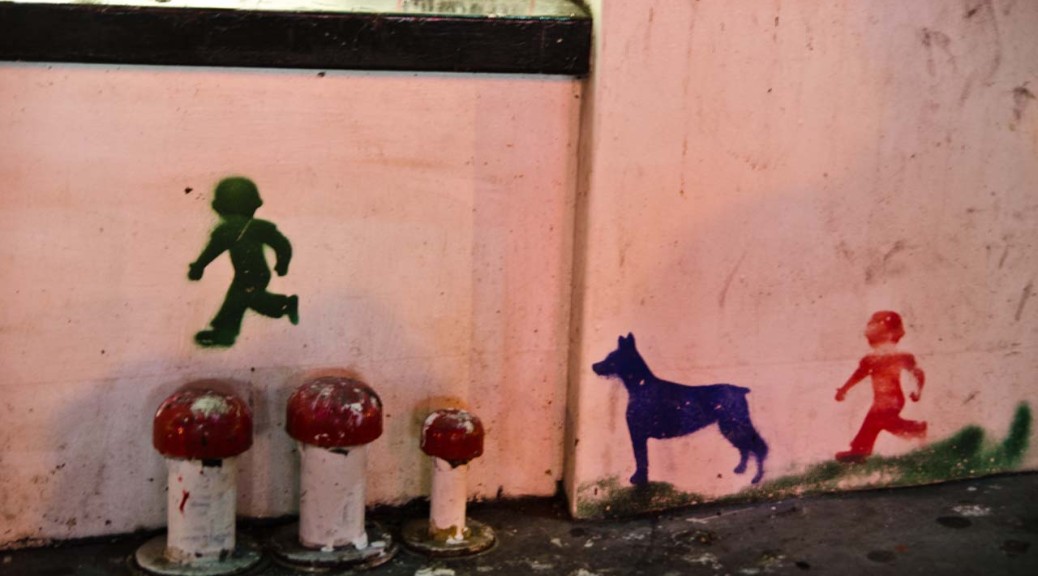
Mushrooms
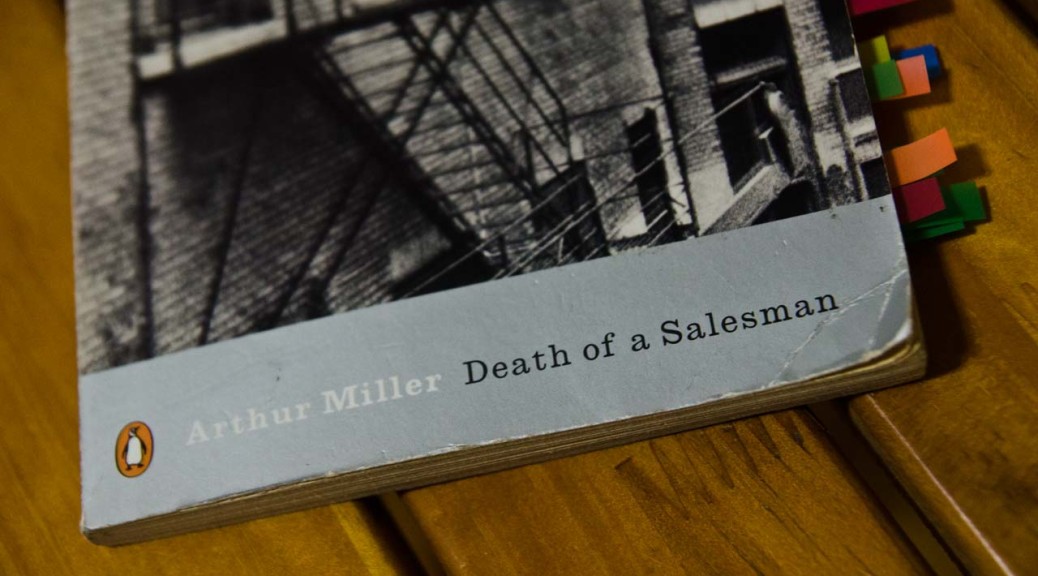
Death of a Salesman
Miller, Arthur. Death of a Salesman. London, England: Penguin Classics, 2000. Print. [First ed. 1949.]
WILLY: Figure it out. Work a lifetime to pay off a house. You finally own it, and there’s nobody to live in it.” p. 10
“He like his brother, is lost, but in a different way, for he has never allowed himself to turn his face toward defeat and is thus more confused and hard-skinned, although seemingly more content.” p. 14
BIFF: … To sufferer fifty weeks of the year for the sake of a two-week vacation, when all you really desire is to be outdoors, with your shirt off. And always to have to get ahead of the next fella. And still -that’s how you build a future.” p. 16
HAPPY: … “And it’s crazy. But then, it’s what I always wanted. My own apartment, a car, and plenty of women. And still, goddammit, I’m lonely.” p. 17
HAPPY: “You honest I am, but it’s like this girl, see. I hate myself for it. Because I don;t want the girl, and, still, I take it and – I love it!” p. 19
WILLY: “What’s the mystery? The man knew what he wanted and went out and got it! Walked into a jungle, and comes out, the age of twenty-one, and he’s rich! The world is an oyster, but you don’t crack it open on a mattress!” p. 32
WILLY: “A man who can’t handle tools is not a man. You’re disgusting.” p. 34
Charley “He is utterly certain of his destiny, and there is an aura of far places about him. He enters exactly as WILLY speaks.” p. 34
WILLY: I gave them hell, understand. But I got a couple of fearless characters there.
CHARLEY: Willy, the jails are full of fearless characters. p. 39
HAPPY: Sure you will. The trouble with you in business was you never tried to please people. p. 47
WILLY: And don’t say ‘Gee’. ‘Gee’ is a boy’s word. A man walking in for fifteen thousand dollars does not say ‘ Gee’! p. 51
WILLY: … It’s not what you say, it;s how you say it — because personality always wins the day. p. 51
[The light on WILLY is fading. The gas heater begins to glow through the kitchen wall, near the stairs, a blue flame beneath red coil.] p. 54
WILLY: God knows, Howard, I never asked a favour of any man. But I was with the firm when your father used to carry you in here in his arms. p. 62
WILLY: … when he died — and by the way he died the death of a salesman, in his green velvet slippers in the smoker of the New York, New Haven, and Hartford, going into Boston — when he died, hundreds of salesmen and buyers were at his funeral. Things were sad on a lotta trains for months after that. p. 63
WILLY… and that’s the wonder, the wonder of this country, that a man can end with diamonds here on the basis of being liked! p. 68
WILLY: Well, Bill Oliver — very big sporting-goods man — he wants Bigg very badly. Called him in from the West. Long distance, carte blanche, special deliveries. Your friends have their own private tennis court? p. 72
WILLY [confidentially, desperately]: You were his friend, his boyhood friend. There’s something I don’t understand about it. His life ended after that Ebbets Field game. From the age of seventeen nothing good ever happened to him.
BERNARD: He never trained himself for anything. p. 72
WILLY [as CHARLEY takes out his wallet]: The Supreme Court! And he didn;t even mention it!
CHARLEY [counting out money on the desk]: He don’t have to — he’s gonna do it. p. 75
CHARLEY: Willy, when’re you gonna realize that them things don’t mean anything? You named him Howard, but you can’t sell that. The only thing you got in this world is what you can sell. And the funny thing is that you’re salesman and you don’t know that. p. 76-77
CHARLEY: Why must everybody like you? Who liked J.P. Morgan? Was he impressive? In a Turkish bath he’d looked like a butcher. But with his pockets on he was very well liked. p. 77
BIFF [turning]: Exactly what is it that you want from me?
WILLY: I want you to know, on the train, in the mountains, in the valleys, wherever you go, that you cut down your life for spite! p. 103
BIFF: And I never got anywhere because you blew me so full of hot air I could never stand taking orders from anybody! That’s whose fault is it! p. 104
BIFF: … What am I doing in an office, making a contemptuous, begging fool of myself, when all I want is out there, waiting for me the minute I saw I know who I am! Why can’t I say that, Willy? p. 105
BEN: The jungle is dark but full of diamonds, Willy. p. 106
BIFF: He had the wrong dreams. All, all, wrong.
HAPPY [almost ready to fight BIFF]: Don’t say that!
BIFF: He never knew who he was.
CHARLEY [stopping HAPPY’S movement and reply. To BIFF]: Nobody dast blame this man. You don’t understand; Willy was a salesman. And for a salesman, there is no rock bottom to the life. He don’t put a bolt to a nut, he don’t tell you the law or give you medicine. He’s a man way out there in the blue, riding on a smile and a shoeshine. And when they start not smiling back — that’s an earthquake. And then you get yourself a couple of spots on your hat, and you’re finished. Nobody dast blame this man. A salesman is got to dream, boy. It comes with the territory. p. 110-111
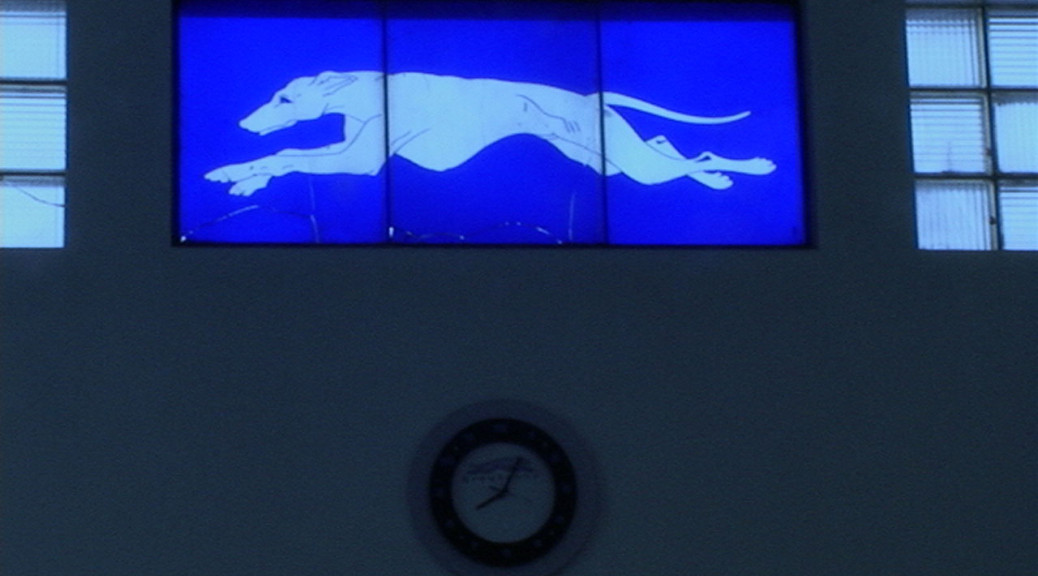
greyhound

Sunflowers in Suyeong

Starfish in Macau

Product Shots | 2
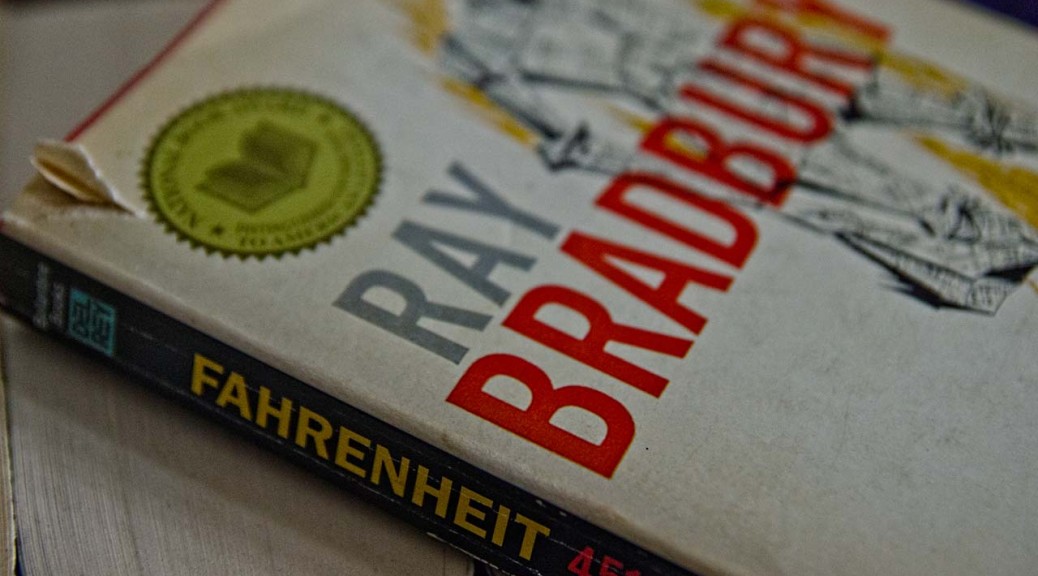
Fahrenheit 451 | I
Bradbury, Ray. Fahrenheit 451. New York: Del Rey, 1991. (First Ed. 1953.)
“One time, as a child, in a power failure, his mother had found and lit a last candle and there had been a brief hour of rediscovery, of such illumination that space lost its vast dimensions and drew comfortably around them, and they, mother and son, alone, transformed, hoping that the power might not come on again too soon…” p. 7
“It was like coming into the cold marbled room of a mausoleum after the moon has set. Complete darkness, not a hint of the silver world outside, the windows tightly shut, the chamber a tomb world where no sound from the great city could penetrate.” p. 11
“He felt that the stars had been pulverized by the sound of the black jets and that in the morning the earth would be covered with their dust like a strange snow.” p. 14
“Montag’s hand closed like a mouth, crushed the book with wild devotion, with an insanity of mindlessness to his chest. The men above were hurling shovelfuls of magazines into the dusty air. They fell like slaughtered birds and the woman stood below, like a small girl, among the bodies.” p. 37

Hugh Latimer and Nicholas Ridley martyred by being burnt at the stake. John Foxe’s book of martyrs. 1563 edition. Via Wikimedia.
“”‘We shall this day light such a candle, by God’s grace, in England, as I trust shall never be put out,'” said Beatty…. “A man named Latimer said that to a man named Nicholas Ridley, as they were being burnt alive at Oxford, for heresy, on October 16, 1555.”” p. 40
“”I had a nice evening,” She said, in the bathroom.
“What doing?”
“The parlor.”
“What was going on?”
“Programs.”
“What programs?”
“Some of the best ever.”
“Who?”
“Oh, you know, the bunch.”” p. 49
“The parlor was exploding with sound.
“We burnt copies of Dante and Swift and Marcus Aurelius.”
“Wasn’t he European?”
“Something like that.” p. 50
“And I thought about books. And for the first time I realized that a man was behind each one of the books. A man had to think them up. A man had to take a long time to put them down on paper. And I’d never even thought that thought before.” p. 52
“Books cut shorter. Condensations. Digests. Tabloids. Everything boils down to the gag, the snap ending.”
“Snap ending,” Mildred nodded.
“Classics cut to fit fifteen-minute radio shows, then cut again to fill a two-minute book column, winding up at last as a ten- or twelve-line dictionary resume.” p. 54
“Speed up the film, Montag, quick. Click, Pic, Look, Eye, Now, Flick, Here, There, Swift, Pace, Up, Down, In, Out, Why, How, Who, What, Where, Eh? Uh! Bang! Smack! Wallop, Bing, Bong, Boom! Digest-digests, digests-digests-digests. Politics? One column, two sentences, a headline! Then, in midair, all vanishes! Whirl man’s mind around about so fast under the pumping hands of publishers, exploiters, broadcasters that the centrifuge flings off all unnecessary, time-wasting thought!” p. 55
“The bigger your market, Montag, the less you handle controversy, remember that!” p. 57
“With school turning out more runners, jumpers, racers, tinkerers, grabbers, snatchers, fliers, and swimmers instead of examiners, critics, knowers, and imaginative creators, the word ‘intellectual,’ of course, became the swear word it deserved to be.” p. 58
“We must all be alike. Not everyone born free and equal, as the Constitution says, but everyone made equal. Each man the image of every other; then all are happy, for there are no mountains to make them cower, to judge themselves against.” p. 58
“”Colored people don’t like Little Black Sambo. Burn it. White people don’t feel good about Uncle Tom’s Cabin. Burn it. Someone’s written a book on tobacco and cancer of the lungs? The cigarette people are weeping? Burn the book.”” p. 59
“If you don’t want a man unhappy politically, don’t give him two sides to a question to worry him; give him one. Better yet, give him none. Let him forget there is such a thing as war. If the goverment is inefficient, topheavy, and tax-mad, better it be all those than that people worry over it. Peace, Montag. Give the people contests they win by remembering the words to more popular songs or the names of state capitals or how much corn Iowa grew last year. Cram them full of noncombustible date, chock them so damned full of ‘facts’ they feel stuffed, but absolutely ‘brilliant’ with information. Then they’ll feel they’re thinking, they’ll get a sense of motion without moving.” p. 61
“the real reason, hidden underneath, might be they didn’t want people sitting like that, doing nothing, rocking, talking; that was the wrong kind of social life. People talked too much. And they had time to think.” p. 63
“”‘We cannot tell the precise moment when friendship is formed. As in filling a vessel drop by drop, there is at last a drop which makes it run over; so in a series of kindnesses there is at last one which makes the heart run over.'”” p. 71
“Books were only one type of receptacle where we stored a lot of things we were afraid we might forget. There is nothing magical in them at all. The magic is only in what books say, how they stitched the patches of the universe together into one garment for us.” p. 82-83
“That’s my definition, anyway. Telling detail. Fresh detail. The good writers touch life often. The mediocre ones run a quick hand over her. The bad ones rape her and leave her for the flies.” p. 83
“Number one, as I said: quality of information. Number two: leisure to digest it. And number three: the right to carry out actions based on what we learn from the interaction of the two.” p. 84-85
“The things you’re looking for, Montag, are in the world, but the only way the average chap will ever see ninety-nine per cent of them is in a book.” p. 86
“A minute later, Three White Cartoon Clowns chopped off each other’s limbs to the accompaniment of immense incoming tides of laughter. Two minutes more and the room whipped out of town to the jet cars wildly circling an arena, bashing and backing up and bashing each other again. Montag saw a number of bodies fly in the air.” p. 94
“Fat, too, and didn’t dress to hide it. No wonder the landslide was for Winston Noble. Even their names helped. Compare Winston Noble to Hubert Hoag for ten seconds and you can almost figure the results.” p. 97
“By the time I was forty my blunt instrument had been gone to a fine cutting point for me. If you hide your ignorance, no one will hit you and you’ll never learn.” p.104
to read:
Martian Chronicles (1950)
To watch: Fahrenheit 451 (1966) | Dir. François Truffaut |






